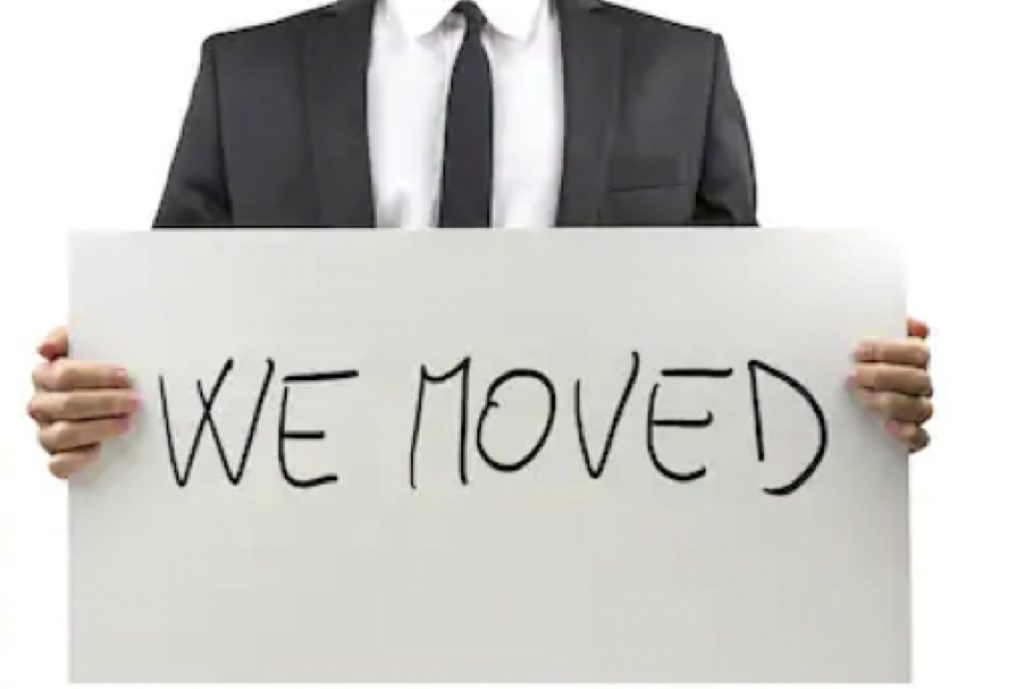How to Keep Your Moving Business Moving Forward
The moving industry plays a crucial role in assisting individuals and families with relocating, yet maintaining a thriving moving business requires more than just transportation. With the constantly changing landscape of the economy and societal trends, staying ahead demands strategic planning, excellent customer service, and operational efficiency. This article explores key moving business tips and strategies to ensure that your moving business continues to grow and adapt in a dynamic market.

Understanding Market Trends
To succeed in the moving industry, it’s essential to stay informed about market trends and consumer behavior. According to the United States Census Bureau, 8.4% of Americans moved in 2021, amounting to roughly 27.1 million people. By understanding such statistics, movers can effectively target marketing efforts and allocate resources to areas with higher movement rates.
Recognizing the demographics and preferences of those relocating can greatly impact your business strategy. For instance, knowing whether more families, young professionals, or retirees are moving can help tailor services to meet specific needs. By continuously researching and understanding these trends, movers can position their businesses to take advantage of market opportunities.
Additionally, knowing the seasonality in moving patterns can help optimize operational plans. Certain times of the year may see increased demand, allowing businesses to adjust staffing levels and equipment availability accordingly. Such foresight helps in maximizing efficiency and profitability.
Maintaining High-Quality Equipment
Operational success in the moving business heavily relies on the quality and reliability of equipment. According to Gitnux, high-quality trailers have a typical lifespan of about 10 years. Regular maintenance and timely upgrades of transport vehicles and trailers prevent unexpected breakdowns and ensure smoother operations.
Investing in state-of-the-art moving equipment not only enhances operational efficiency but also improves customer satisfaction. Well-maintained vehicles and tools project a professional image, instilling confidence in clients who trust movers with their valued possessions. Therefore, allocating resources to maintain and upgrade equipment is a worthwhile investment.
In addition to equipment maintenance, exploring eco-friendly options, such as electric moving trucks, can also offer a competitive edge. Environmentally conscious choices resonate well with clients who prioritize sustainability, and they may also reduce operational costs in the long run. This forward-thinking approach can differentiate your moving business in a crowded marketplace.
Providing Exceptional Customer Service
Customer service is a pivotal aspect of any successful moving business, as it influences repeat business and referrals. Every interaction with clients is an opportunity to build a positive relationship and establish loyalty. According to Forbes, the relocation rate for Americans is currently 12.6%, indicating substantial movement within the market that your business can capitalize on.
Training staff to handle client inquiries and concerns with professionalism and empathy is key. Positive word-of-mouth referrals and online reviews are powerful tools in attracting new customers. By focusing on personalized customer service and addressing individual needs, movers can create memorable client experiences that drive business growth.
Moreover, implementing follow-up processes after the move can further enhance customer satisfaction. Reaching out to clients for feedback demonstrates a commitment to their experience and provides valuable insights for continuous improvement. This customer-centric approach is essential in distinguishing your business from competitors.
Leveraging Technology
Embracing technology is crucial in keeping your moving business competitive and forward-thinking. Implementing advanced software solutions can streamline logistics, scheduling, and billing processes, reducing operational inefficiencies. By adopting digital platforms, your business can enhance communication with clients, offering them a seamless and transparent service experience.
Technology can also aid in marketing efforts, allowing for targeted campaigns and data-driven strategies. Utilizing online platforms and social media effectively can broaden your reach and attract a diverse client base. As more consumers turn to digital avenues for services, having a robust online presence is more important than ever.
Furthermore, technology can be leveraged to offer virtual consultations and estimates, making the initial engagement process smoother for potential clients. This can translate to higher conversion rates as clients appreciate the convenience and speed of digital interactions, thereby boosting your business’s growth and relevance.
In the ever-evolving landscape of the moving industry, it is essential for businesses to remain adaptable and innovative. By staying attuned to market trends, maintaining high-quality equipment, prioritizing customer service, and leveraging technology, your moving business can continue to thrive. The moving business tips and strategies outlined in this article are designed to help navigate the challenges of the industry while positioning your business for sustainable growth and success.

